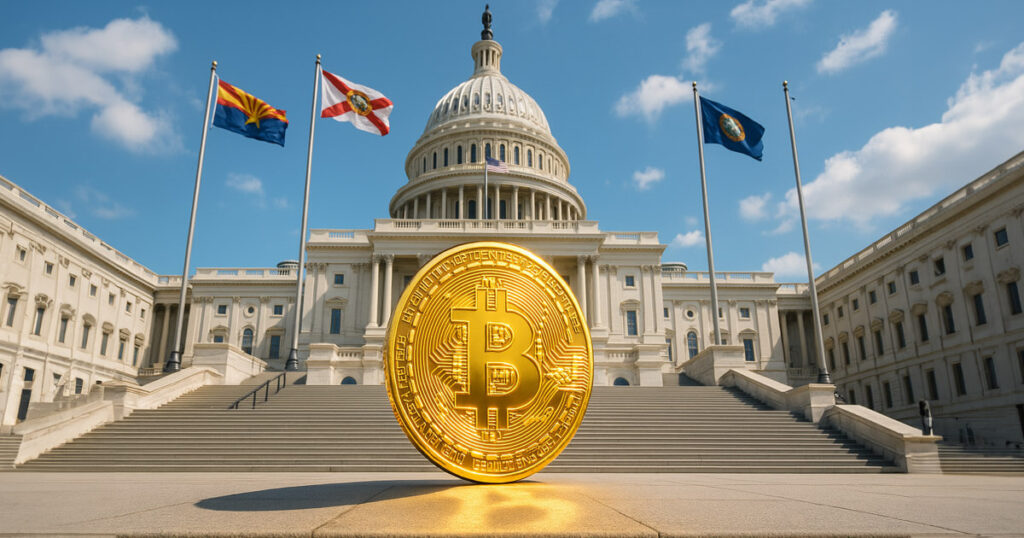State-owned Bitcoin reserves are becoming increasingly popular in the United States, with Florida and New Hampshire making significant strides in this area.
New Hampshire’s House of Representatives recently passed House Bill 302 (HB 302) with a narrow 192-179 vote on April 10. The bill, which had previously been approved by the Commerce and Consumer Affairs Committee, is now set to be deliberated by the state Senate before potentially reaching Governor Kelly Ayotte for final approval.
HB 302 grants the state treasurer the authority to allocate up to 10% of state funds into a combination of digital assets and precious metals. However, the bill imposes strict criteria for investment, requiring that only cryptocurrencies with a minimum market capitalization of $500 billion are eligible. At present, Bitcoin is the only digital asset that meets this requirement.
Additionally, the bill outlines specific guidelines for custody of digital assets. These assets must be held directly by the state treasurer using secure storage, a qualified custodian, or a registered exchange-traded product. The treasurer is also permitted to engage in lending or staking activities, provided that the state retains legal ownership and utilizes an approved third-party solution.
With this development, New Hampshire becomes the fourth state to advance such legislation in one chamber, following in the footsteps of Arizona, Oklahoma, and Texas.
In a similar vein, Florida’s Strategic Bitcoin Reserve bill HB487 has also made progress. The state’s Insurance and Banking Subcommittee recently approved the bill, paving the way for further review on the House floor.
Notably, this marks the first time a state SBR bill has passed a committee stage without opposition, indicating a rare display of bipartisan support. Previous proposals of this nature have often faced resistance from Democrat lawmakers due to concerns surrounding digital asset volatility and risk exposure.
The legislation highlights Bitcoin as a hedge against inflation, a sentiment shared by sovereign states and major institutional players like BlackRock and Franklin Templeton. The bill emphasizes the importance of equipping the state with tools such as Bitcoin to safeguard its finances against inflation.
Representative Webster Barnaby, the bill’s sponsor, envisions this move positioning Florida as a frontrunner in digital finance. The proposal also includes clear custody guidelines and permits investment through direct purchase or regulated investment products.
Overall, the push for state-owned Bitcoin reserves in both New Hampshire and Florida signifies a growing acceptance of digital assets as a legitimate financial tool for states to leverage in managing their financial portfolios.

